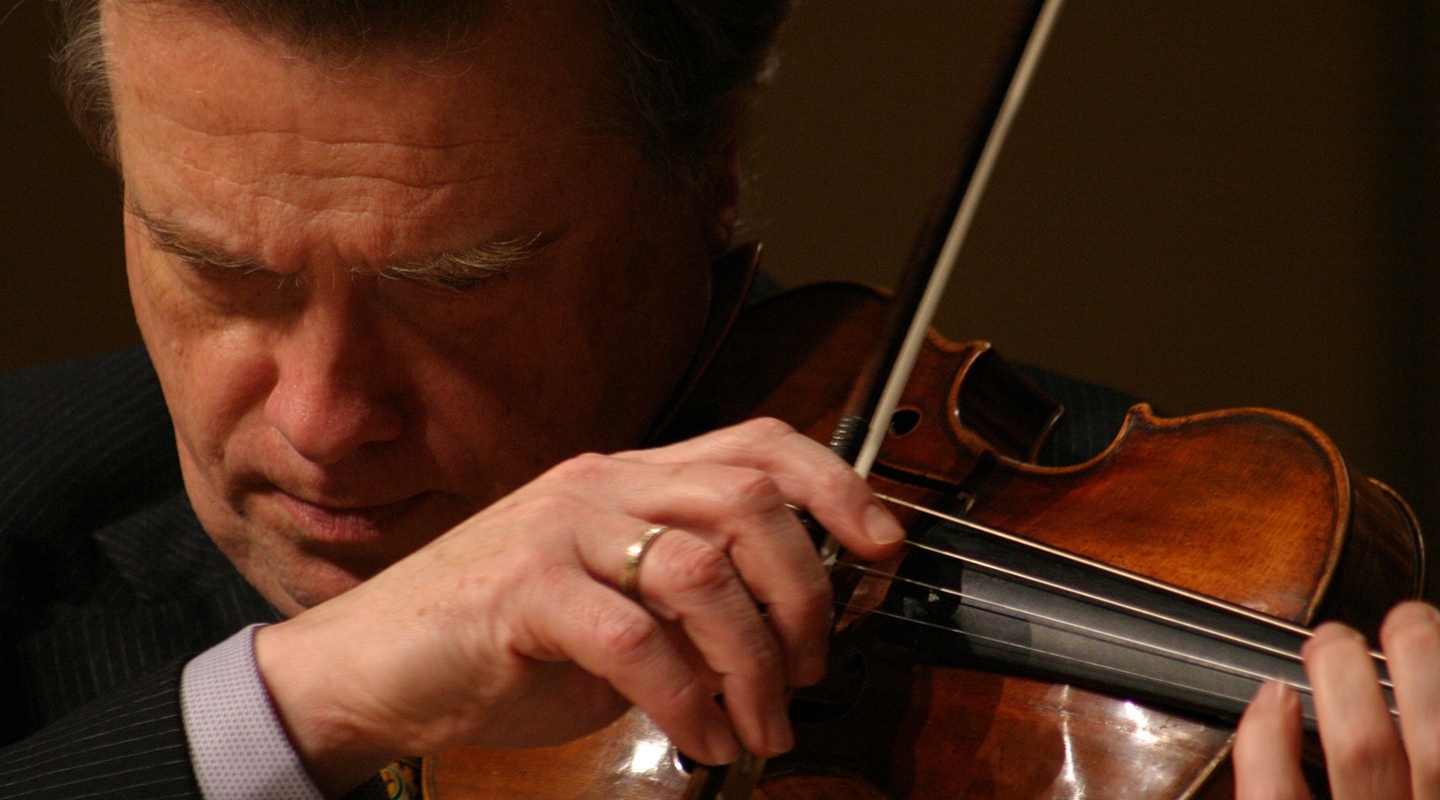Night Voyages: Salonen’s “Insomnia” and Sibelius’ “Nightride and Sunrise”
Esa-Pekka Salonen’s 2002 orchestral tone poem, Insomnia, takes us on a haunting nocturnal voyage. The opening bars slip into a restless, looping stream of musical “thoughts” which toss and turn with prickly persistence in the woodwinds. As the piece develops, the insomniac’s obsessive mental chatter becomes a colorful tonal dreamscape which is simultaneously beautiful and disturbing. Gradually, restlessness dissolves into the serenity of near sleep in the final minutes, only to be interrupted …







